“I have been struggling with my digestion over the last year. It seems that many foods I eat including healthy ones like oats cause stomach upsets which alternate between constipation and diarrhoea. I think I may be allergic to certain foods, but I can’t work out which ones. Can you provide any suggestions?”
Clinical nutritionist Suzie Sawyer answers:
The difference between and allergy and an intolerance
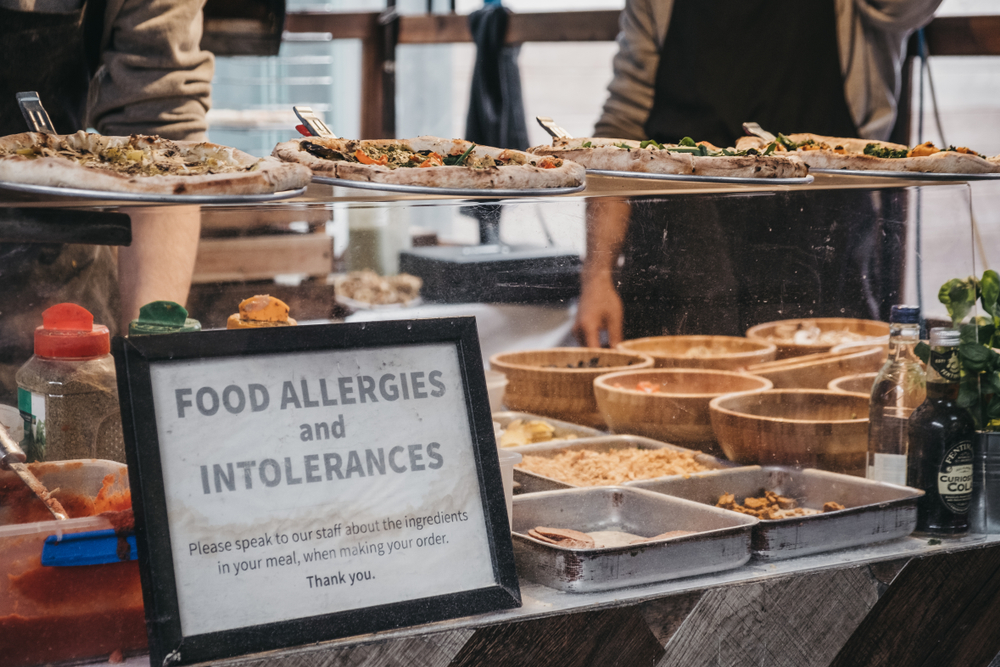
There is quite a difference between a food allergy and an intolerance or sensitivity. It is the body’s response to it that defines whether it is one of the other, with severe allergies causing anaphylaxis at their worst, (although this is unusual). A food allergy triggers the immune system to respond and may cause itching, rashes, or digestive upsets. An intolerance tends to cause more specific digestive problems. However, as both responses can cause digestive upsets, it’s important to find out the causes.
Eliminating the culprits
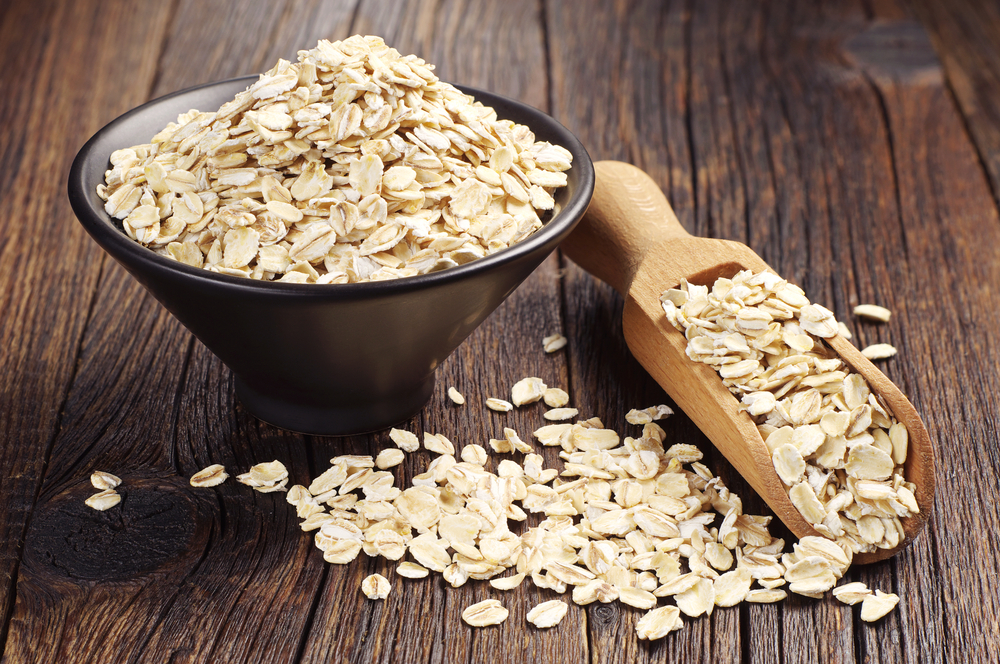
In your case, oats contain gluten, which is a common allergen but also triggers sensitivities. There are various blood tests that a nutritionist can help you with to test certain foods. By eliminating the most common culprits for a while, and healing the gut which can become leaky, these foods can often be eaten again in time. ‘Leaky gut’ happens when the tight junctions within the gut wall become wider, allowing food particles (often proteins) to leak into the blood stream and cause antibody reactions.
Gut-healing foods
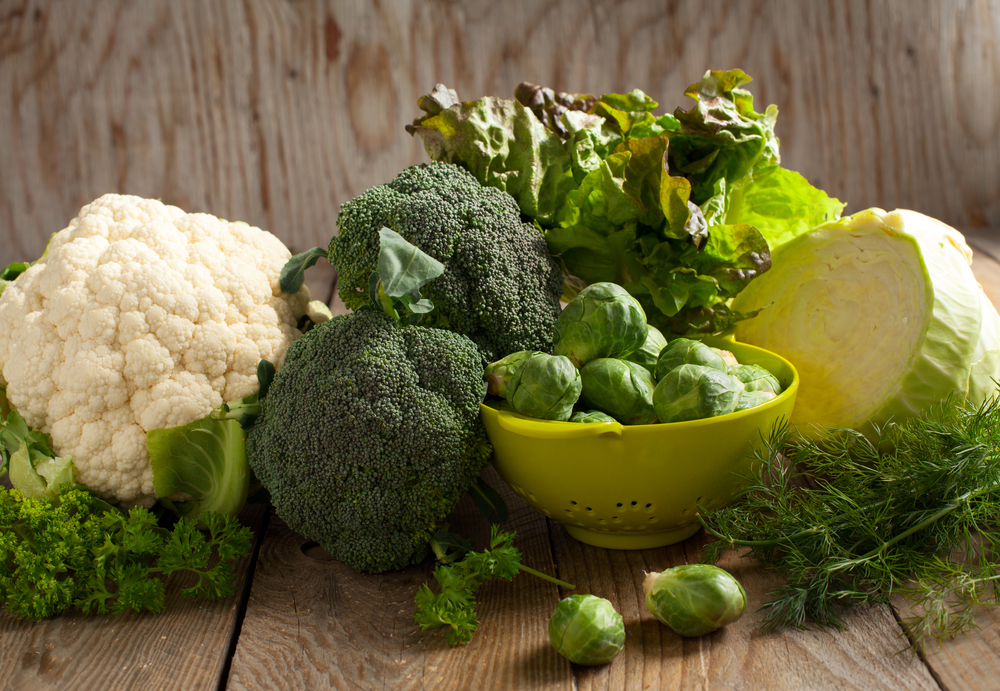
The good news is that nature has provided many foods and nutrients that can help to heal the gut. Cruciferous vegetables including broccoli, Brussels sprouts and kale are a good start. Raw cabbage juice (you can add some apple or pineapple to the blender to make it more palatable) is great for healing and soothing the gut. Other vegetables to include are potatoes, sweet potatoes, carrots, squash and turnips. Bananas and all berry fruits are gentle on the gut too.
Support your good gut bacteria
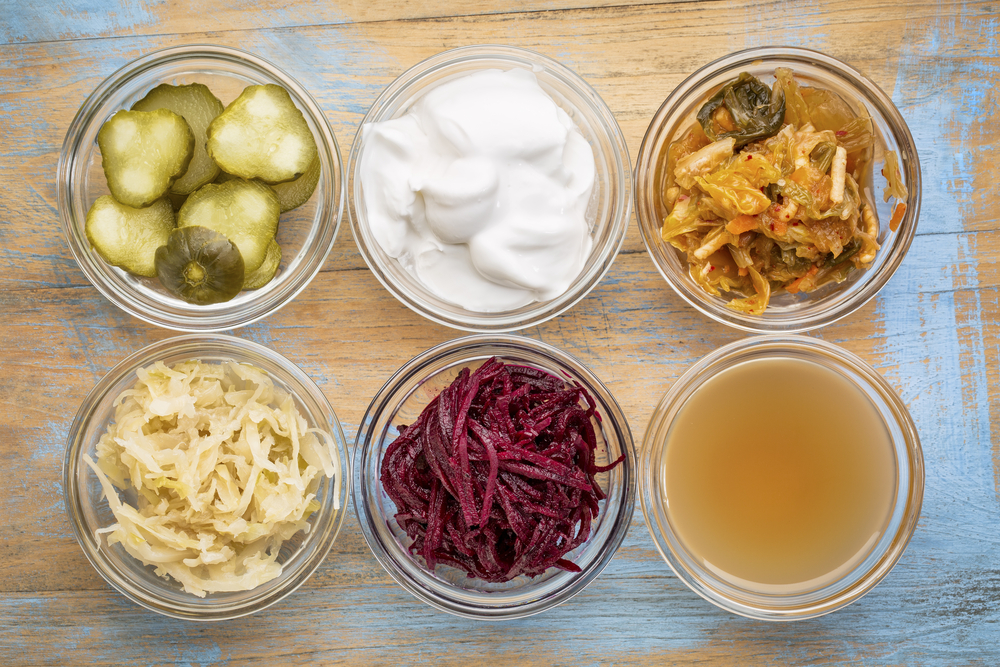
Fermented foods such as kimchi, sauerkraut, tempeh, and miso help feed the good gut bacteria and restore balance. Oily fish is rich in the anti-inflammatory omega-3 fats which also help to calm the digestive tract. Other gut-friendly foods include bone broth, coconut and other nut milks, and kombucha.
Swap oats for other grains
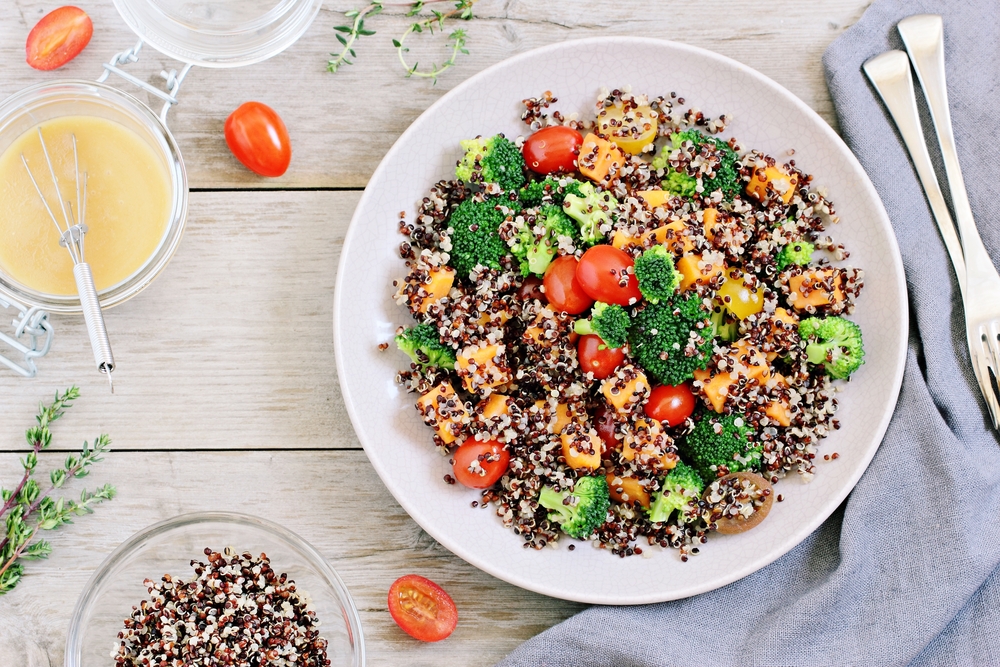
If you feel oats are causing issues, then you should eliminate these completely for a couple of months. Common triggers include other gluten-containing grains such as barley, wheat, and rye. Grains you can include are quinoa and buckwheat (which is not wheat). As grains are high in fibre, people can suffer from bloating after eating them just for that reason, not because they are allergic or intolerant. As the inflammation settles within the gut, and the digestive system becomes more efficient, these issues should ease.
There are other specific supplements a nutritionist can recommend that can help heal a leaky gut, such as the amino acid L-Glutamine and N-acetylglucosamine, so you might find it useful to work with a professional if things don’t start to improve.
This year’s National Food Allergy Awareness Week runs from May 9th – 14th. Find out more by visiting the allergyuk.org website.

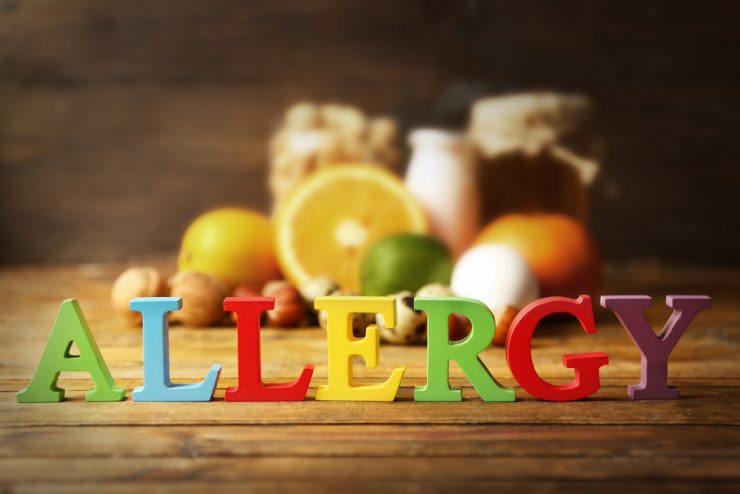






















Add comment